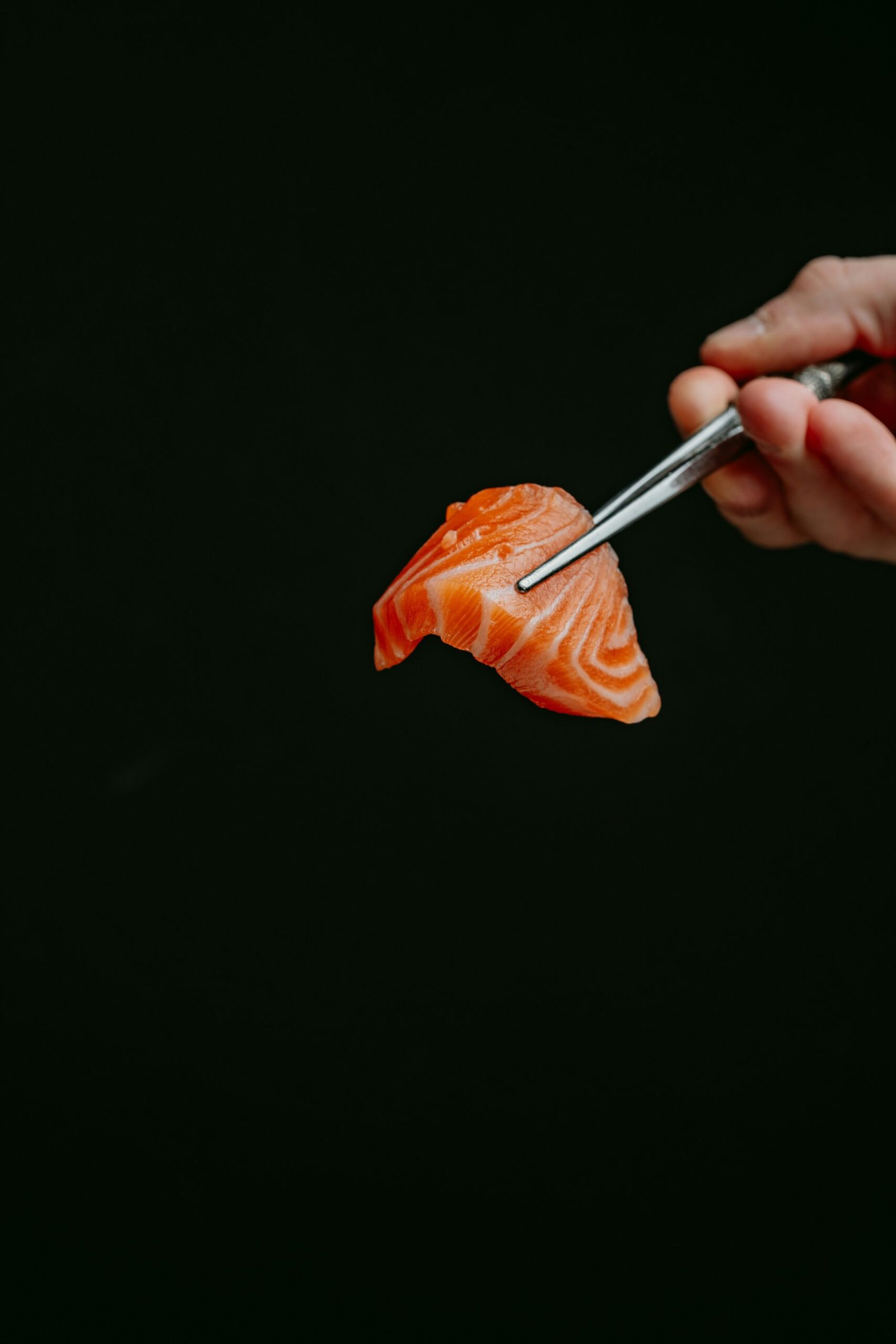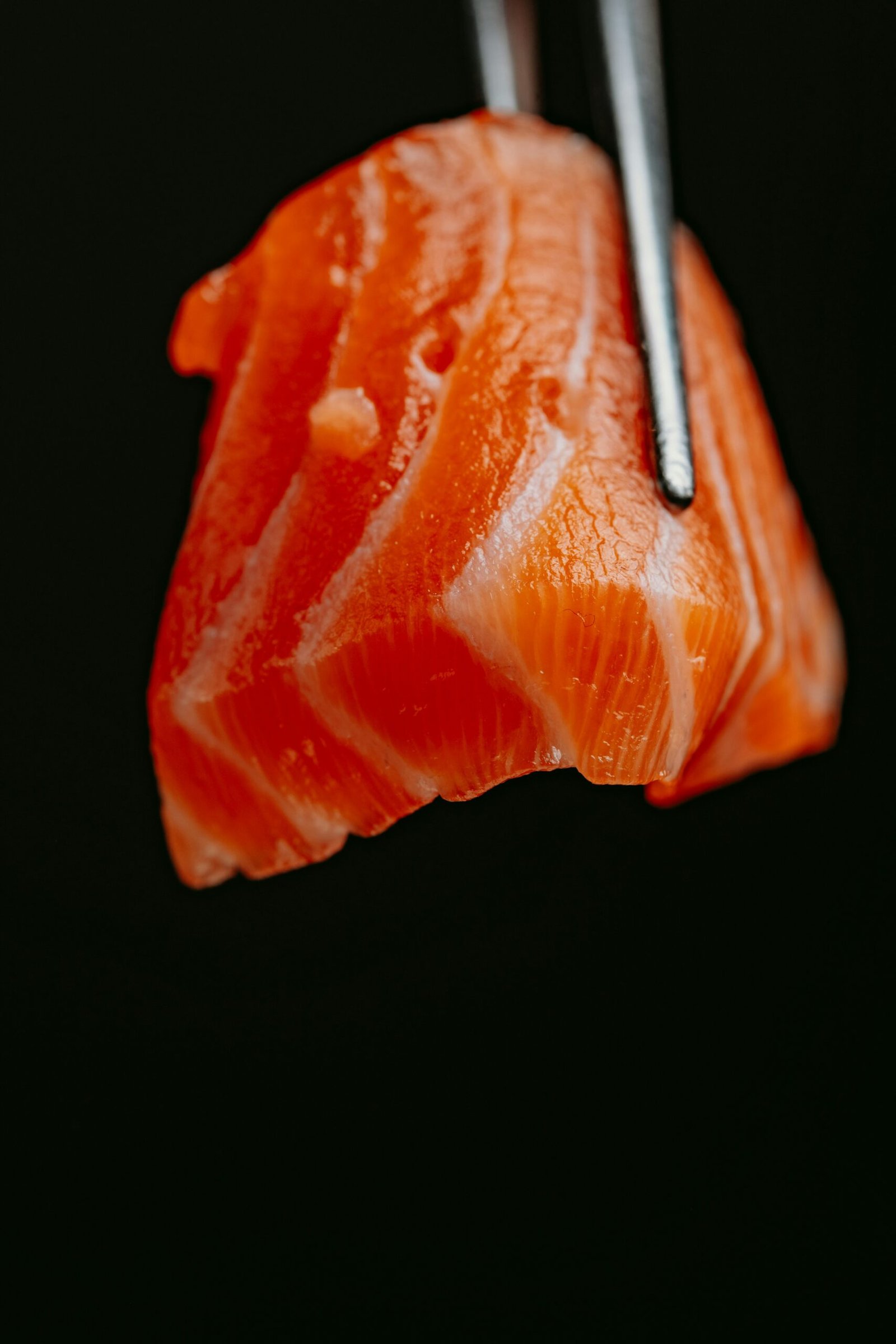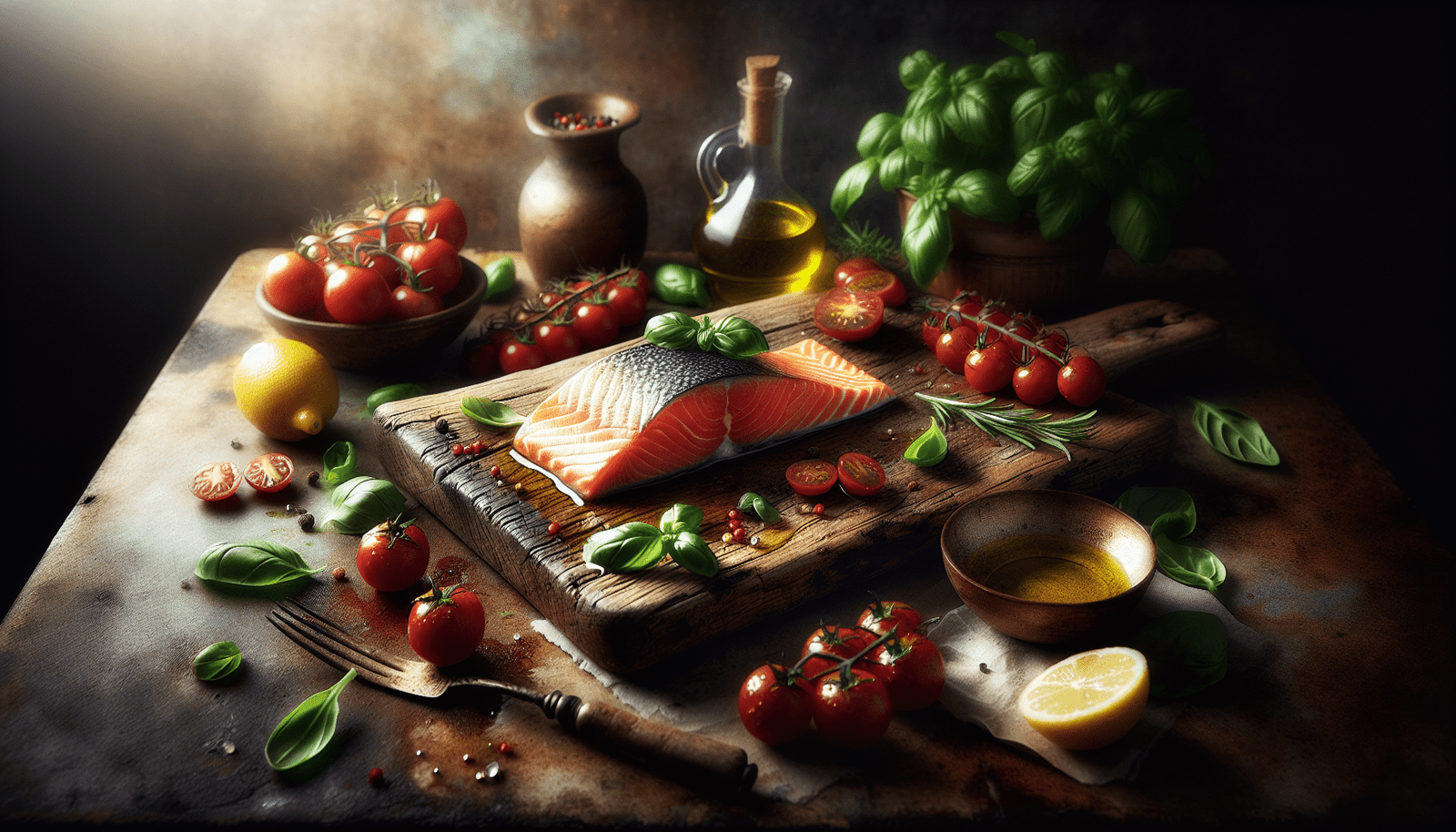Have you ever wondered if salmon fits into the Mediterranean diet? It’s a question many food enthusiasts and health-conscious individuals ask as they explore this vibrant and nutritious eating pattern. The Mediterranean diet is renowned for its heart-healthy benefits and emphasis on whole foods, so let’s unravel the connection between salmon and this popular diet together.

Understanding the Mediterranean Diet
The Mediterranean diet is not just a diet; it’s a lifestyle. Originating from countries bordering the Mediterranean Sea, this eating pattern emphasizes fresh fruits, vegetables, whole grains, legumes, nuts, and healthy fats, primarily from olive oil. Additionally, it encourages moderate consumption of fish and poultry while limiting red meats.
Key Components of the Mediterranean Diet
To fully appreciate how salmon fits into this diet, you should know its main components:
-
Fruits and Vegetables: These take center stage, with an emphasis on variety and seasonal produce. They are packed with vitamins, minerals, and fiber.
-
Whole Grains: Foods like whole grain bread, pasta, and rice are preferred over refined grains.
-
Healthy Fats: The diet promotes unsaturated fats found in olive oil, nuts, and seeds.
-
Fish and Seafood: Regularly consumed, especially oily fish, which includes salmon, sardines, and mackerel.
-
Lean Proteins: In addition to fish, poultry and plant-based proteins like beans and lentils are important.
-
Limited Red Meat: Consuming red meat is done in moderation, making room for other healthier protein sources.
-
Herbs and Spices: These are used to flavor foods instead of salt, enhancing the flavor while providing additional nutrients.
-
Moderate Dairy: Some varieties of cheese and yogurt are included, but typically in smaller amounts.
The Health Benefits of the Mediterranean Diet
The Mediterranean diet is lauded for its potential health benefits, which may include:
-
Heart Health: The diet is rich in omega-3 fatty acids from fish, like salmon, which can help lower cholesterol levels and reduce the risk of heart disease.
-
Weight Management: Emphasizing whole foods helps you feel satiated, potentially aiding weight loss or maintenance.
-
Reduced Inflammation: The diet’s focus on antioxidants from fruits and vegetables can combat inflammation in the body.
-
Improved Longevity: Research suggests that those following the Mediterranean diet tend to live longer and healthier lives.
Now, let’s see where salmon fits into the picture!
Salmon and Its Nutritional Profile
Salmon is often praised for its incredible nutritional profile. Packed with essential nutrients, it serves as a delicious and versatile source of protein.
Nutritional Benefits of Salmon
-
High in Omega-3 Fatty Acids:
- Salmon is one of the richest sources of omega-3 fatty acids, which are vital for heart health. These fatty acids can reduce inflammation and promote good cholesterol levels.
-
Rich in Protein:
- As a protein source, salmon contains about 22 grams of protein per 3.5-ounce serving. Protein is crucial for muscle repair, immune function, and overall well-being.
-
Vitamins and Minerals:
- Salmon is packed with vitamins such as B12, B6, and vitamin D, as well as minerals like selenium and potassium. These nutrients are essential for energy metabolism and maintaining bone health.
-
Antioxidants:
- The pink flesh of salmon contains astaxanthin, a powerful antioxidant that aids in fighting inflammation and oxidative stress, contributing to health and longevity.
-
Low in Contaminants:
- Wild-caught salmon tends to be lower in harmful contaminants compared to farmed varieties, making it a safer option for regular consumption.
How Salmon Fits into the Mediterranean Diet
Salmon aligns well with the Mediterranean’s focus on fish consumption. According to the principles of this diet, you should aim to consume seafood at least twice a week, which makes salmon an excellent choice. Since it’s fatty fish, it provides not just protein but also those heart-healthy omega-3s that the Mediterranean approach celebrates.

Types of Salmon: Wild vs. Farmed
When considering salmon, you have options: wild-caught and farmed. Let’s break down the differences.
Wild-Caught Salmon
- Source: Caught in natural environments like oceans and rivers.
- Taste: Often has a richer flavor and firmer texture compared to farmed.
- Nutritional Value: Generally has higher omega-3 content and lower levels of contaminants.
- Eco-Friendliness: Typically considered more sustainable when caught responsibly.
Farmed Salmon
- Source: Raised in controlled environments.
- Taste: May have a milder flavor and softer texture due to the feeding practices.
- Nutritional Value: Usually contains higher levels of omega-6 fatty acids because of their diet, and the balance may not be as favorable as wild salmon.
- Concerns: There can be issues related to pollution and the use of antibiotics in some fish farms.
Summary of Differences
| Type of Salmon | Taste | Nutritional Value | Eco-Friendliness |
|---|---|---|---|
| Wild-Caught Salmon | Rich & Firm | Higher Omega-3s | Generally Sustainable |
| Farmed Salmon | Milder | Higher Omega-6s | Varied; some concerns |
Choosing wild-caught salmon not only enhances your diet but also supports sustainable fishing practices.
Tips for Incorporating Salmon into Your Mediterranean Diet
Now that you know salmon’s benefits, let’s look at how you can seamlessly integrate it into your Mediterranean meals.
1. Grilled Salmon with Herbs
A classic Mediterranean dish! Marinate salmon fillets in olive oil, lemon juice, garlic, and herbs like rosemary or oregano before grilling. Serve it with a side of herbed quinoa and a colorful vegetable salad.
2. Salmon in Salads
Adding smoked or grilled salmon to salads is a fabulous way to boost your intake. Try a salad with mixed greens, cherry tomatoes, cucumbers, capers, and a drizzle of olive oil and balsamic vinegar.
3. Salmon and Whole Grain Pasta
Toss pasta with flaked salmon, cherry tomatoes, spinach, garlic, and olive oil for a hearty and satisfying meal. This dish is rich in flavors and provides healthy fats and protein.
4. Mediterranean Salmon Bowls
Create a bowl featuring salmon, brown rice or quinoa, roasted vegetables, and a tahini dressing. This dish is colorful and nutrient-packed, making it a perfect choice for dinner or lunch prep.
5. Baked Salmon with Veggies
Bake salmon with a variety of seasonal vegetables like zucchini, bell peppers, and asparagus. Season it with lemon, olive oil, and herbs for an effortless weeknight meal.

Common Myths about Salmon and the Mediterranean Diet
Despite the evident nutritional benefits of salmon, myths surrounding its consumption might linger. Let’s address a few!
Myth #1: Salmon is Too Fatty for a Healthy Diet
While salmon does contain fat, it’s primarily healthy fats known to promote heart health. The omega-3s in salmon are beneficial for reducing the risk of cardiovascular diseases. It complements the Mediterranean diet’s focus on healthy fat sources.
Myth #2: You Should Only Eat Wild Salmon
While wild salmon is often preferred, farmed salmon can still be part of a healthy diet. Look for responsibly farmed options to reduce concerns regarding contaminants and environmental impact.
Myth #3: Cooking Salmon is Difficult
Many people shy away from cooking salmon, thinking it requires complicated techniques. In reality, salmon can be easily prepared with simple cooking methods—grilling, baking, or pan-searing. With the right seasoning, it can become a delicious main course in no time!
Frequently Asked Questions about Salmon and the Mediterranean Diet
Here are some common questions folks have about enjoying salmon within the Mediterranean lifestyle.
Is it okay to eat salmon every day?
While salmon is a healthy protein option, variety is key in any diet. Eating salmon several times a week is beneficial, but also incorporate other lean proteins such as chicken, legumes, and plant-based sources.
What is the recommended serving size for salmon?
A typical serving size is about 3.5 ounces (100 grams). This portion is plentiful enough to gain its nutritional benefits without consuming excessive calories or fat.
How can I tell if salmon is fresh?
Look for salmon with moist, shiny skin and a bright color. Fresh salmon should have a mild smell and firm flesh. When pressed, it should bounce back rather than remain indented.
How should salmon be stored?
If you’re not cooking salmon right away, store it in the coldest part of your refrigerator and consume it within one to two days. For longer storage, wrap it tightly and freeze it, where it can last for several months.
Can I eat canned salmon as part of the Mediterranean diet?
Absolutely! Canned salmon is a convenient and affordable option. It can be a great addition to salads, sandwiches, or pasta dishes, offering the same health benefits as fresh salmon.

Conclusion
Incorporating salmon into your Mediterranean diet is both enjoyable and beneficial. With its wealth of nutrients and delicious versatility, salmon can be celebrated in various culinary delights while embracing the core principles of wholesome eating. So, the next time you wonder about salmon’s place within this vibrant and healthy eating pattern, remember it is not only welcomed but highly recommended as a star ingredient that aligns beautifully with everything the Mediterranean diet has to offer. Happy cooking and savor those tasty meals!